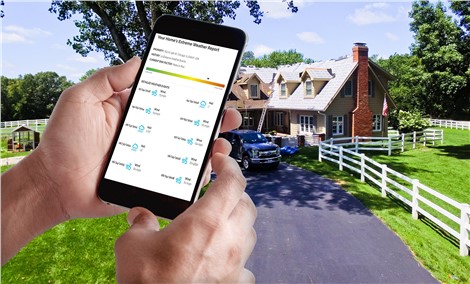
As we celebrate Earth Day, it's important to remember that the choices we make every day can have a significant impact on the environment. One of the most effective ways to reduce our impact on the planet is by transitioning to renewable energy sources like solar power. In this blog, we'll explore some of the environmental benefits of solar energy and why they're such an important tool for reducing our carbon footprint.
1. Reducing Carbon Emissions
Perhaps the most significant environmental benefit of solar energy is their ability to reduce carbon emissions. The burning of fossil fuels like coal, oil, and natural gas is the largest contributor to greenhouse gas emissions, which are responsible for climate change. By generating clean electricity from the sun, solar energy helps to reduce our reliance on fossil fuels, which in turn reduces our carbon footprint and helps to mitigate the effects of climate change.
2. Lowering Air Pollution
In addition to reducing greenhouse gas emissions, solar energy also helps to reduce air pollution. Burning fossil fuels not only releases carbon dioxide, but also a range of other pollutants like sulfur dioxide, nitrogen oxides, and particulate matter. These pollutants can have serious health impacts, including respiratory problems, asthma, and heart disease. By generating electricity from the sun, solar energy helps to reduce the amount of air pollution that's released into the atmosphere, which can have significant health benefits for people living in areas with high levels of air pollution.
3. Reducing Water Usage
Generating electricity from fossil fuels requires a lot of water, both for the extraction and processing of fuels, and for cooling power plants. In contrast, solar energy requires very little water to operate, which helps to conserve this precious resource. In areas with water shortages or droughts, solar energy can be an important tool for reducing water usage and increasing water security.
4. Mitigating Climate Change
Finally, solar energy can help to mitigate the effects of climate change by reducing our reliance on fossil fuels and lowering our carbon footprint. As the world continues to warm, we're already seeing the impacts of climate change, including more frequent and severe weather events, rising sea levels, and the loss of biodiversity. By transitioning to renewable energy sources like solar power, we can help to slow the rate of climate change and protect the planet for future generations.
In conclusion, solar energy offers a wide range of environmental benefits that make them an important tool for reducing our impact on the planet. By generating clean, renewable electricity from the sun, we can help to reduce greenhouse gas emissions, improve air and water quality, and protect natural habitats and ecosystems.
5. Improving Energy Independence
Finally, solar energy can improve energy independence. By generating your own electricity, you'll be less reliant on the grid and the fossil fuels that power it. This can help to increase energy security and reduce the risk of power outages during times of high demand or natural disasters.
This Earth Day, let's commit to making the switch to solar power and doing our part to protect the planet for future generations.
Tags
solar shingles Timberline Solar Shingles earth daySubscribe to Roofing Restoration Services of America (RRSA)'s Blog







Comments